PlayStation has a big decision ahead of themselves following the massive failure of Concord: continue pursuing their aggressive live-service push or shelf that in favor of marque single-player games. With the recent Ghost of Yōtei announcement, PlayStation seems to be currently stuck somewhere in the middle. Late last year, Sony president Hiroki Totoki cut their initial goal of 12 live-service games by 2025 to just 6, but remained just as committed to the longevity of such an online model nonetheless stating, “we want to enlarge this kind of service, and that’s the unchanged policy of our company.”
So, nearly a year later after the total failure of one of those live service games, is Sony changing plans? Well, they would be wise to do so since Concord was only one of many stumbling blocks keeping the company from attaining the glory of their PS2 days. PlayStation is at their best when they don’t chase trends, and the current trend of always-online live-service is one that is obviously collapsing under its own colossal weight.
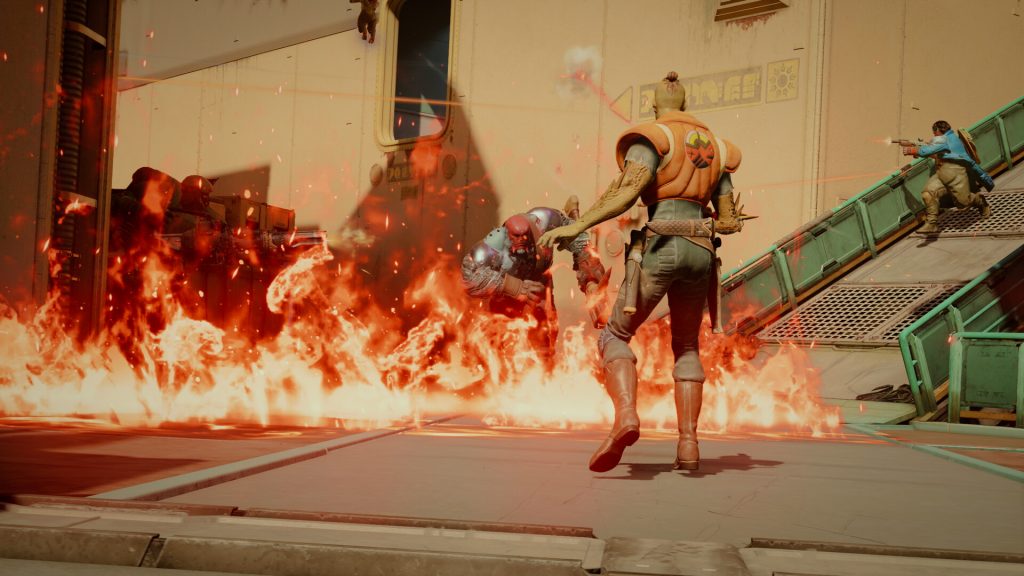
Concord was the straw that broke the camel’s back for Sony regarding its push for AAA live service trendy games. Saying that trend-chasing in today’s gaming landscape is a recipe for disaster is like calling the kettle black, and Concord was the cataclysm that finally cemented that reality for everyone to see. The reason Sony put all money on the project is they intended it to be one of their huge tent-pole titles spanning spin-offs and merchandise in Star Wars-like fashion. Well, that ambition didn’t go so well, with Concord shutting down its servers only two weeks after launch. Concord would go on to be PlayStation’s biggest gaming failure of all time.
But Concord is just the most visible failure in the AAA trend-chasing bubble. PlayStation’s initial push to develop 12 live-service games by 2025 was chopped in half to just 6 last year. What could have caused PlayStation to step back a bit on the trend-chasing train? Well, Sony’s acquisition of Bungie in 2021 wasn’t paying off as well as they’d hoped, with Destiny 2’s latest expansion The Final Shape, reportedly selling less than previous expansions. Worse yet, Bungie just had 17% of its workforce laid off earlier this year, demonstrating that Sony most likely overpaid their $3.6 billion acquisition of Bungie and need to cut costs.
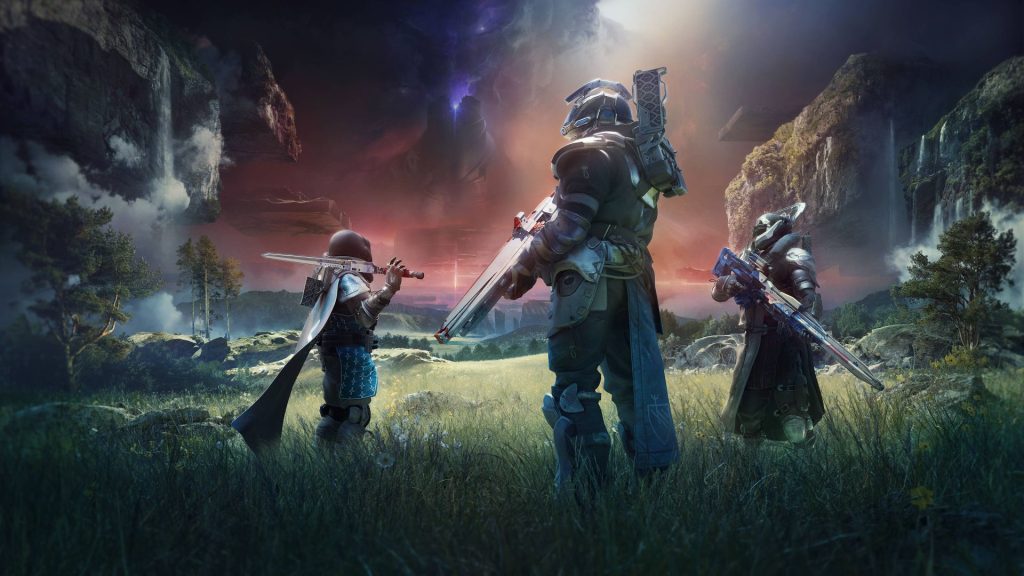
But Sony didn’t just waste money on Concord and Bungie; Naughty Dog’s standalone The last of Us multiplayer game was suddenly cancelled in December of 2023. Naughty Dog’s statement concerning the cancellation speaks volumes about the sustainability issues inherent in live service titles; they went on to state, “We had two paths in front of us: become a solely live service games studio or continue to focus on single-player narrative games that have defined Naughty Dog’s heritage.” Thankfully, Naughty Dog decided to walk the latter path, cutting their live service ambitions; hopefully Sony follows suit and makes the same decision.
Concord and TLOU Online doesn’t cover the full gamut of live-service hurdles the industry has faced recently, but they can give us some insight into why the AAA live service bubble is bursting. AAA liver-service games simply cost too much to maintain and cannot capture an audience that has already found their game of choice. The phrase, “We already have that at home,” sums up the situation well enough. Why play an imitation of the thing you like rather than the thing itself? What PlayStation needs to do is go back to their roots as an industry leader in innovative first-party experiences that cannot be had elsewhere. Why pay $40 for Concord when Overwatch 2 and Destiny 2 are vastly more feature complete, and multiplatform to boot? It’s a Sisyphean uphill battle to make a live-service game from scratch and expect the kind of audience that a longstanding game with an existing infrastructure has.
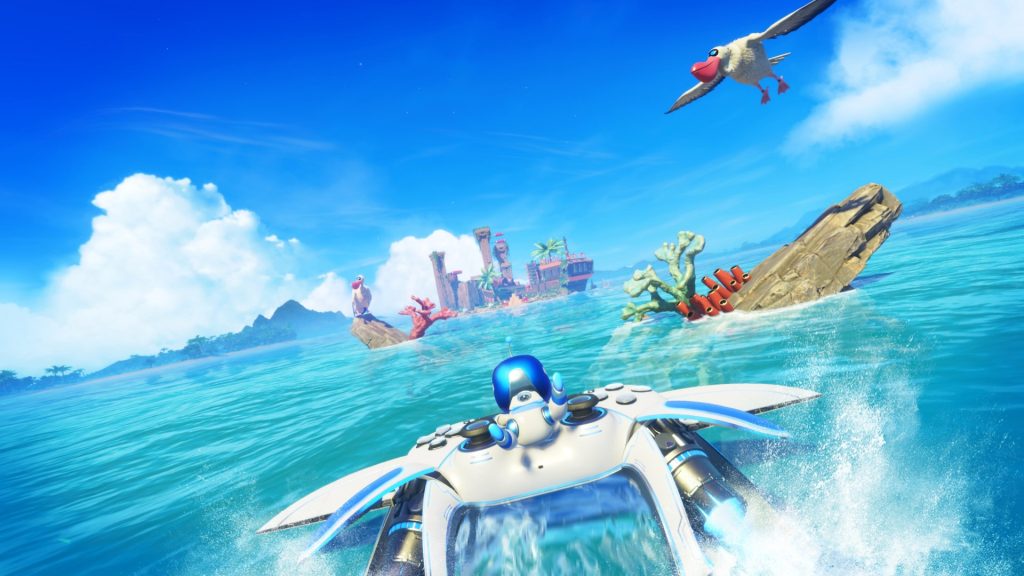
PlayStation has always been at their best at providing “prestigious” first-party games like Ghost of Tsushima and Horizon, just to name a few. Astro Bot is currently sitting as the most highly rated game of the year with a stunning 94 from critics and users alike on Metacritic. Astro Bot also sold well, ranking at number 2 in US unit sales for September 7th, only sitting behind NBA 2K25. UK sales were record-breaking too, with GamesIndustry.biz confirming that Astro Bot is the “fastest-selling original platformer IP outside of Mario in the last decade”, with 21% higher sales than Ratchet and Clank Rift Apart.
If you look at the best selling PS4 games, you’ll find an interesting trend: single-player first-party games with overwhelmingly positive consumer reception. The top ten list has nary a live-service game in sight while marque single-player experiences like Ghost of Tsushima and Marvel’s Spider-Man dominate with $10+ million in sales. Good games sell, and unique games create fresh new audiences, which is exactly what PlayStation has excelled at in the past and needs once again.
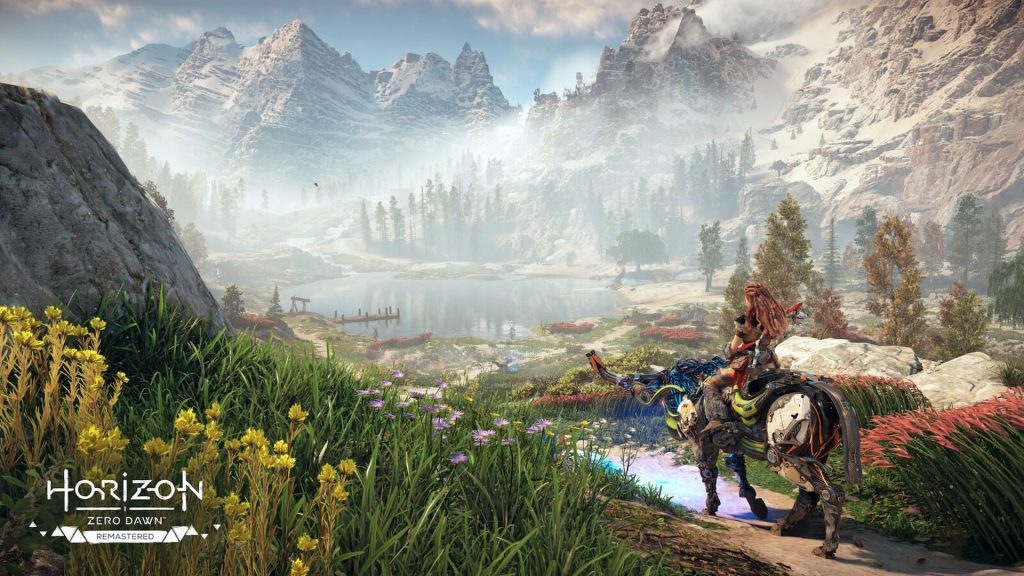
What PlayStation doesn’t need is another Concord on its hands. And it’s looking like that could be a possibility down the line with their 5 or so live-service games in development. With the success of Helldivers 2 earlier this year, it’s still tough to determine how committed Sony is to their initial live-service push. According to Bloomberg reporter Jason Schreier, Sony’s internal attitude is still very hot on delivering live-service titles; he goes on to state, “PlayStation’s live service initiative was no joke, everybody was like… it’s live service games all round”. According to Schreier, Horizon Online is Sony’s next big live-service gamble, and it’s reportedly coming out before the next Horizon single-player game (Horizon 3). Fairgame$, a heist-based extraction shooter, is another of Sony’s tent-pole online games that they’re betting big on. And then, of course, there’s Bungie’s Marathon project. We have no idea how Marathon development is going at the moment, but considering Bungie’s mass layoffs recently, it may have been slowed and restructured a bit.
Sony hasn’t made a statement amending their live-service push since the failure of Concord, and they’re still going forward with a handful of big budget projects with enthusiasm. If insider sources like Schreier are to be believed, single player experiences like Horizon 3 are being put on the backburner for live-service titles like Horizon Online and Fairgame$. The recently announced Ghost of Yōtei gives a shred of hope that Sony’s single-player strengths are still alive and well, but without much else, it’s hard to pin down what Sony is focusing on. One thing is for sure, Concord spoke to Sony’s wallet and must have at least shifted their commitment to live-service titles in some small way. Add the numerous layoffs at Bungie and the amount of staff and budget required to keep online games ongoing through the years and you have a model that is unsustainable at the rate Sony initially wanted under Jim Ryan’s leadership.

It’s likely that Sony is now aiming for balance between premium first-party single-player titles and live-service games, but until we hear an official statement, it’s all speculation. Regardless, it’s clear to anyone that the live-service market is oversaturated, and the AAA bubble has effectively burst. If a game publisher wants to gain an audience and grow, it needs to offer unique experiences that players can only get there and nowhere else. This is what their competitors have been doing with success despite significantly weaker hardware and what made PlayStation such a leader in the console space for generations. If Sony can keep producing successes like Astro Bot and last year’s Marvel’s Spider-Man 2, they can potentially capture some of the success they had in their PS2 days.
Note: The views expressed in this article are those of the author and do not necessarily represent the views of, and should not be attributed to, GamingBolt as an organization.

 2 months ago
107
2 months ago
107

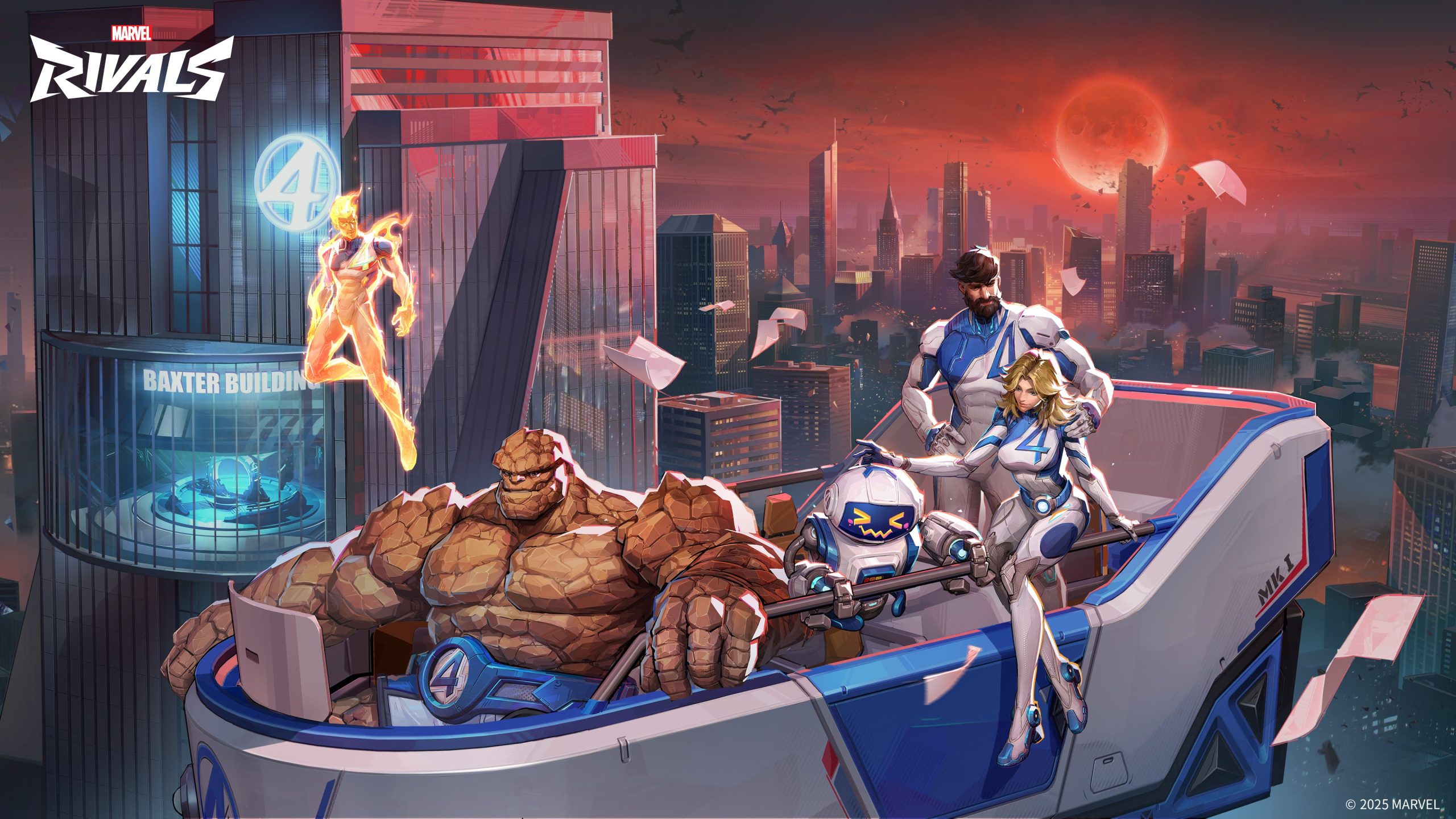

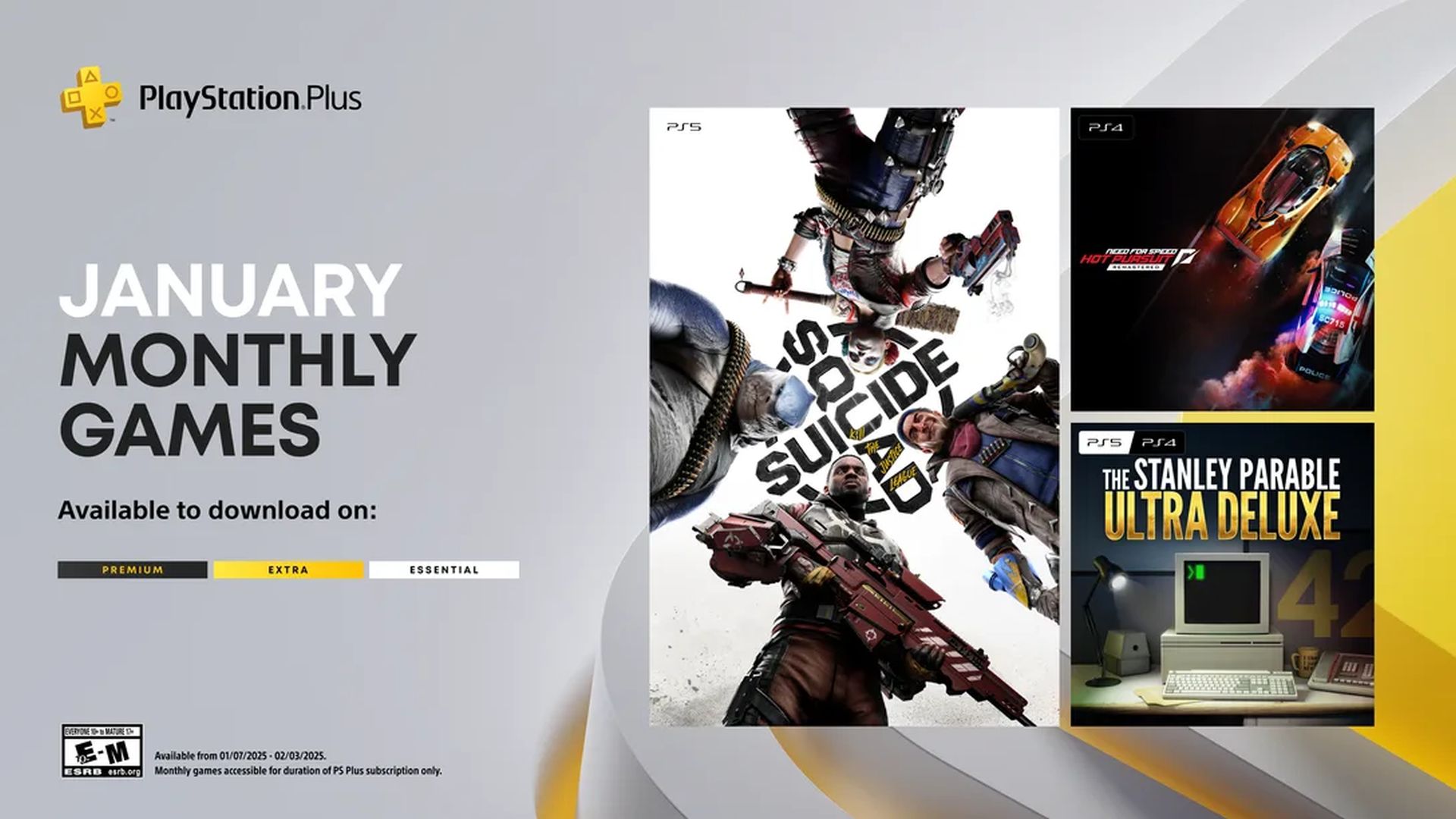



![Anime Reborn Units Tier List [RELEASE] (November 2024)](https://www.destructoid.com/wp-content/uploads/2024/11/anime-reborn-units-tier-list.jpg)
